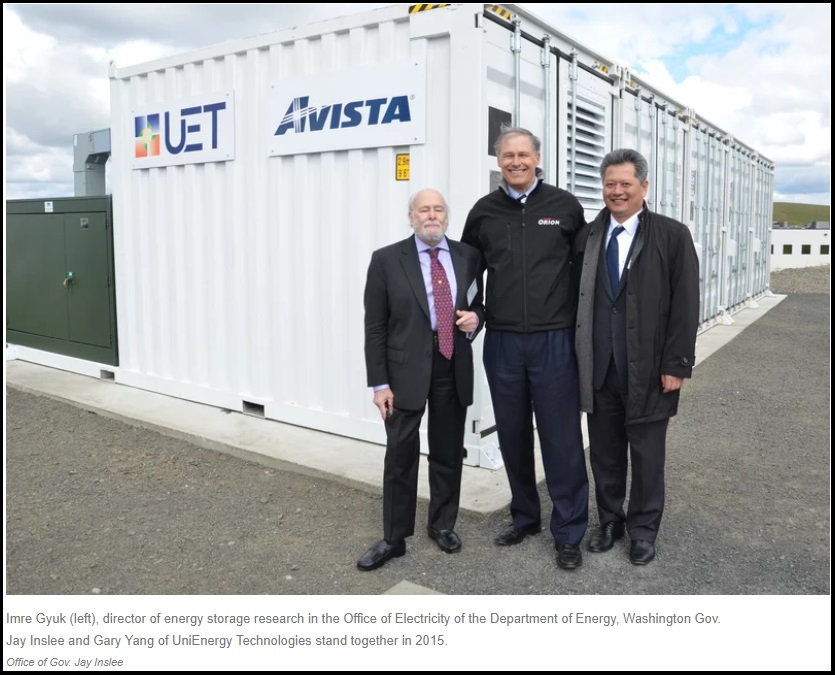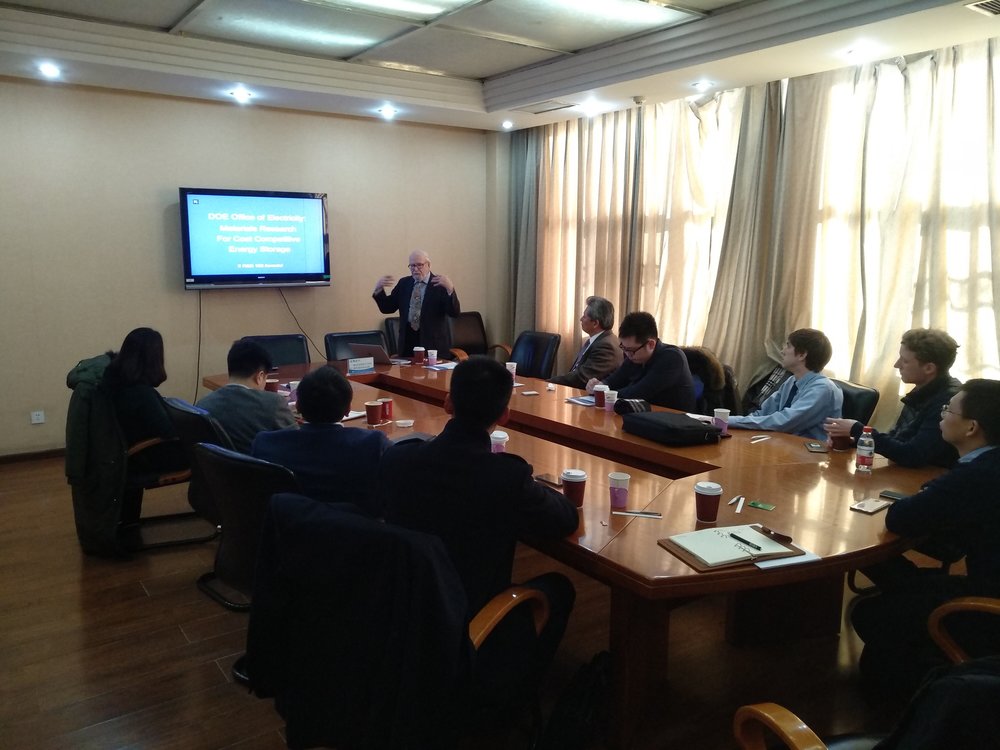House Speaker Nancy Pelosi’s sin was not in going to Taiwan per se. Rather, after announcing her destination, the California Democrat then sorta kinda hesitated in deer-in-the-headlights fashion under threat from the Chinese.
So, by her back-and-forth media announcements, she added to the endemic strategic confusion at the White House and Pentagon that opposed her visit. Pelosi never gave a reason why she was going to Taiwan, except to note after the fact that as a child, she used to like China and at the beach would dig in the sand to reach Beijing.
In other words, in her eight decades since infancy, Pelosi has not yet learned the difference between Chinese Taiwan and the Chinese Communist mainland and has come up with no greater affinity with the Chinese than remembering as a child vainly digging in the sand to reach them.
The internal administration discord reminded the Chinese that the Biden Administration can still become even more inept than it has been since its inaugural humiliation in Anchorage, Alaska.
And lastly, Pelosi showboated with loud freedom rhetoric while carrying a mere twig.
So, yes, ostensibly, it was silly for Nancy Pelosi to freelance in foreign policy by going to Taiwan. She has no record of any foreign policy accomplishment.
Ever since her first speakership 15 years ago, Pelosi has always seen foreign policy as an arena to embarrass her political opponents. We remember her dishonest post-9/11 public reversals about enhanced interrogations, and her all-but-rooting-for the surge in Iraq to fail.
Do we remember her lunatic visit and glad-handing with the murderous, children-killing Assad government in Syria (i.e., “The road to Damascus is a road to peace.”)?
While in Damascus in 2007, Pelosi legitimized the Syrian dictatorship right after it had helped start the 2006 Lebanon war, right during the U.S. surge in Iraq, and right during the influx of Syria’s jihadists across the open border to Iraq to kill Americans.
Yet all that said, it was even stupider for the Pentagon and White House to distance themselves from Pelosi’s adolescent visit. Whether intended or not, the wrangling put the executive branch on the same side of the Chinese Communist government against its own third-highest elected official.
Unfortunately, such Pentagon appeasement of China was also not new. Nearly two years ago, Joint Chiefs of Staff Chairman Mark Milley freelanced by calling up his Chinese Communist counterpart to promise he would warn the People’s Liberation Army should his (supposedly neo-isolationist) commander-in-chief seem too impulsive or mentally challenged and thus prone to become preemptive.
Milley’s likely illegal and unhinged gambit (or, to quote Talleyrand, “It was worse than a crime; it was a blunder”) likewise probably convinced the Chinese the Pentagon was suicidal rather than mercurial. The only thing more dangerous to deterrence than a wildly gyrating impulsive Pentagon is a predictably solicitous and obsequious one.
Fifty-Year-Old “Strategic Ambiguity”
So, all that said, the administration compounded the mistake by nearly agreeing with China that Beijing possesses a veto over how and when high American officials visit abroad.
We are reminded of Nixon-era deals, and later the Carter Administration’s expansion of them, when the United States agreed to the one-China policy of strategic ambiguity: America would loudly talk about protecting Taiwan, even as it conceded to a relatively weak Beijing that there would be no formal defense treaty with Taipei, no troops on the island, and no recognition of an independent Taiwanese nation, separate from China.
Such agreements were the products of the early 1970s, when an anemic post-Mao China was economically and militarily stunted and could not have taken Taiwan against the Pacific fleet had it wanted.
A half-century later, things have changed. The problem transcends the radical recalibration of Chinese versus American power that has now made it doubtful that Taiwan would survive a Chinese attack or that the United States could send massive help in extremis to the Taiwanese without having it blown up in transit or upon arrival.
In the last half-century, China has felt no compunction in entering Monroe Doctrine territories. Did anyone believe in 1972 that 50 years later the U.S.-built Panama Canal, still vital to American naval and commercial transit, would de facto be remodeled and run by a Chinese company?
The Chinese presence in an American backyard is a reflection of how the Panama government in the last five years has come completely under the sway of Chinese cash and “Belt-and-Road” aid. With increasing surety, Panama believes that China, not the United States, is the foreign power with the most important interests in its U.S.-built canal. In sum, controlling the major choke points of the Western world is far more inflammatory and provocative than visiting Taiwan.
Nor did anyone imagine in 1972, when a Vietnam War-plagued Richard Nixon signed his one-nation agreement with Beijing (part of the Kissingerian Cold War triangulation policy of playing nuclear Russia against nuclear China), that 50 years later, 330,000 Chinese students, the majority offspring of Chinese Communist Party elites and their multimillionaire affiliates, would be studying in the United States.
No one then imagined either that insidiously China would violate copyright laws, ignore patents, manipulate currency, dump products to secure monopoly markets, absorb Hong Kong, imprison 1 million Uyghurs in reeducation concentration camps, and threaten the U.S. mainland.
Later progressives recalibrated Nixon’s realist policy into a utopian notion that with more concessions and appeasement, China during the next 40 years would finally liberalize as the Cold War ended. It would surely assume a historic role in the family of nations, and increasingly Westernize and liberalize in the fashion of Japan and South Korea.
Yet the Chinese Communist Party always traced its birth and proud lineage to Mao Zedong, the greatest mass murderer in the history of civilization, whose agendas killed over 70 million of his own people. In short, American magnanimity was always seen in China as the weakness of a declining power to be exploited, and never to be reciprocated in kind.
Blame Us, Not Just China
Still, China is simply doing what all communist governments do: exploit any opening that capitalist republics offer.
Blaming China for its ascendence and our relative decline is not a morality tale alone. China has lots of innate advantages. After all, China has 1.4 billion people versus our mere 330 million. The lethal contradictions of autocratic Chinese state capitalism are long-term and insidious, while the excesses of wild consumer capitalist democracies are immediate and flagrant.
Of course, we empowered the current China in the past and appease it in the present. But again, that is not the whole truth, which also involves the deliberate weakening of America in precisely the areas that China sees as barometers of national strength—natural resource exploitation, military power, strategic scientific research, domestic manufacturing and industrialization, domestic unity, and higher education.
Our defense priorities have been skewed for decades. Most Americans might prefer to have a massive fleet of thousands of armed drones and sophisticated missile defense over North America, even if that meant three or four fewer aircraft carriers, or closing down the Pentagon’s diversity, equity, and inclusion bureau.
There were lots of American blunders in the past 50 years that greenlighted Chinese natural ambitions. We talked loudly about “Star Wars” and chuckled that Reagan’s mere dream alone had frightened the Russians. But then we never really developed a sophisticated anti-ballistic missile system. More often we either stopped research, dismantled what we had, or promised to end such joint projects abroad.
As our critical industries fled our shores, we chalked up their flight to needed creative and efficient industrial destruction. We somehow convinced ourselves that running up massive trade deficits with China made their dependency as lenders more dangerous to them than ours, as borrowers, was perilous to us.
Ironically, American universities became increasingly Mao-like. That is, research and training are governed more by woke ideology than merit, especially in course content, hiring, and promotion. A stranger from the cosmos might think that there is no more free speech and due process at Yale than in Beijing University, and no more racial ecumenicalism at our racially segregated graduations and dorms than in Shanghai.
The current U.S. graduate of a four-year college leaves campus indebted, largely ignorant, and with poor computational, grammatical, and composition skills—yet quite arrogant about his supposed woke sensitivity and cattle-branded degree.
We brag to ourselves that “diversity is our strength,” and ridicule allies and enemies who are not diverse. But our suicidal internecine strife—with its horrific rising violent crime rates and collapsing, asymmetrical legal system—proves why the world abroad thinks our diversity is, in fact, our weakness. It turned out that the perpetuation of woke dogma required a Stalinist commissariat rather than a Sermon-on-the-Mount tolerance.
The Way Ahead
We should take Pelosi’s blunder as an 11th-hour wake-up call to agree that unfettered free-market capitalism with China has been a suicide pact.
Reciprocity is a far better paradigm. Are there 330,000 Americans in China? Do Americans buy farmland in China? Are there hundreds of CIA-affiliated professors and graduate students planted in Chinese universities? Do U.S. companies steal Chinese research and ignore copyrights? Did an incompetent Western virology lab unleash a biblical plague upon the world and then lie about its role?
At this late date, we need to drop critical race ideology and return to meritocracy, the rule of law, and see problems of inequality in racially blind class divisions rather than through superficial appearance. Americans must pay more to ensure that critically important industries are based in the United States, whether those be vitamins, antibiotics, batteries, or scientific instruments. We need a new mindset at the Pentagon, CIA, and FBI that eschews politics and attracts officials who are not looking to retire and rotate into lucrative, woke corporate billets.
The United States has plenty of oil, natural gas, coal, rare earth metals, ores, and almost everything else a modern society needs to become strategically independent. The question is not whether such assets will be developed, since Americans will use them whether produced at home or not, but rather where and how these necessities will be exploited. A new paradigm should remind us that we extract and utilize natural resources more environmentally soundly than those from whom we import what we demand.
Begging the sloppy Venezuelans or crazy Iranians to pump oil for us is not a viable strategic policy. Nor is worrying whether the virus-exporting Chinese will sell us our Cipro. It is nihilistic to wonder whether 2 million illegal aliens will crash our borders and break our laws in ways that would put similarly entering Americans in jail.
We need adults running foreign policy, not a Lloyd Austin who is unsure whether to criticize, approve, or stay mum about Pelosi’s trip; not a Joe Biden talking one day of defending Taiwan to the death, the next day not so much; or even a Nancy Pelosi mindlessly bouncing around Asian capitals, reifying her childhood dreams at the beach.
The Chinese have done and will do a great deal of damage to America, but not nearly as much as we have done to ourselves.
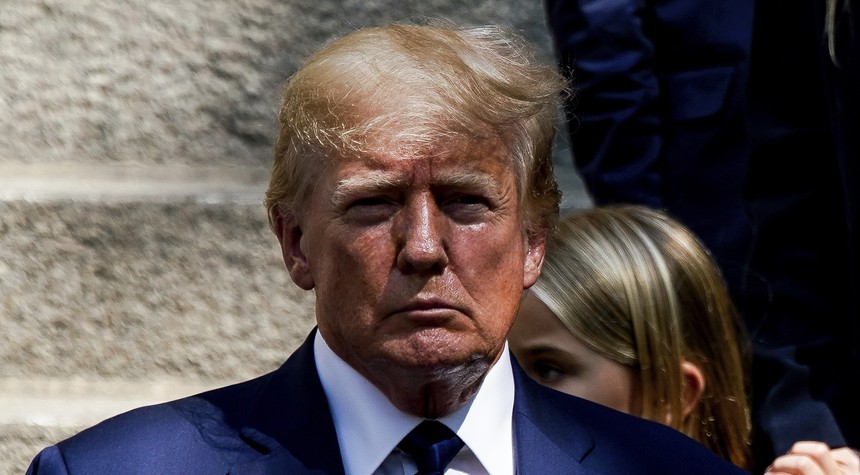








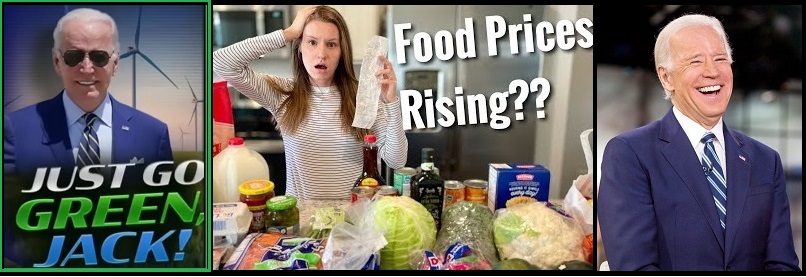
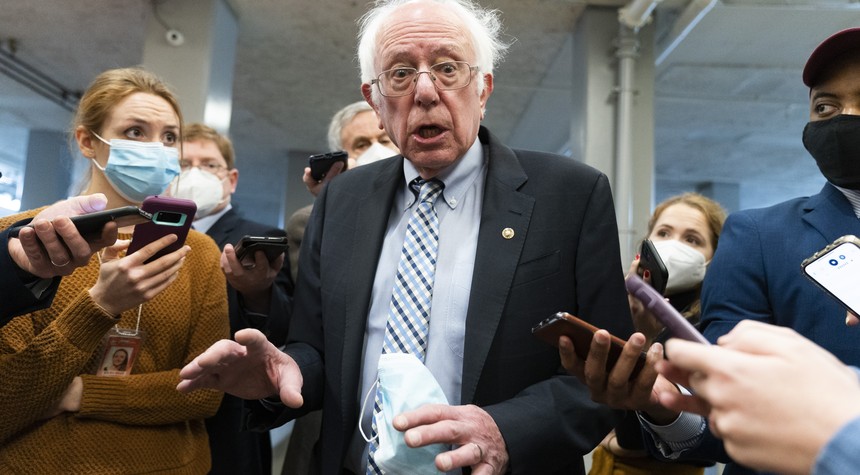

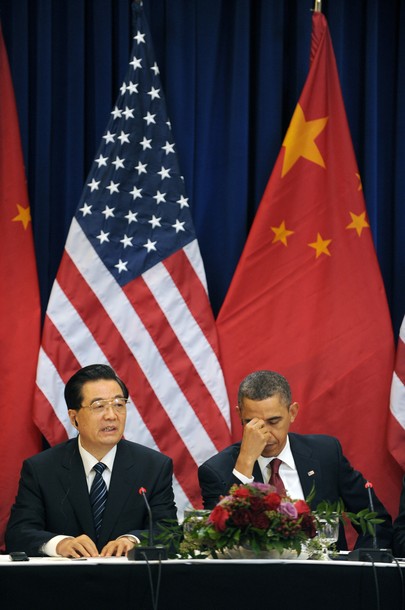 It’s 2012
It’s 2012